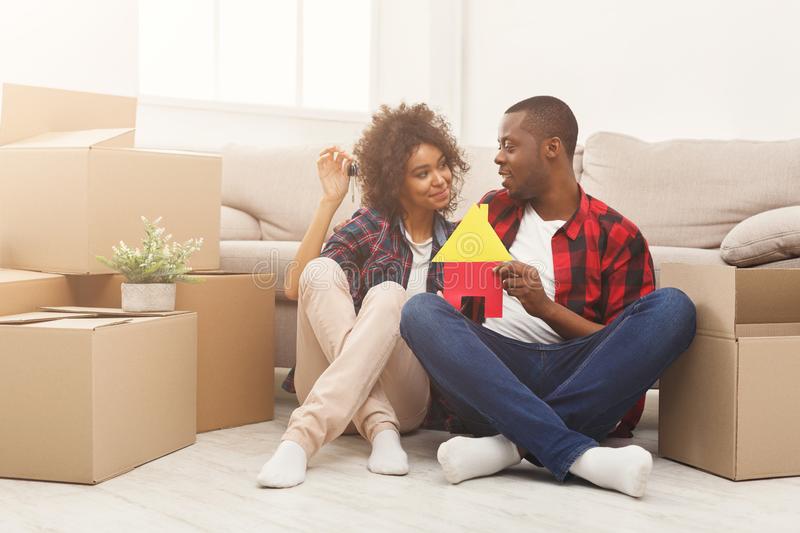You may plan on investing in a second home for personal or financial reasons. You probably want to use it as a holiday retreat, a rental for extra income, or a getaway spot for weekends. However, there may come a time when you find it necessary or smart to sell that second home. While you can profit from the sale of your house, especially if its value has improved over time, you'll probably also have to pay capital gains tax. Thankfully, you can plan for these taxes and take action to lower them.

You'll probably pay very little or no tax if the property you sold was your principal residence. The IRS has a principle that excludes residences from capital gains taxes. You can exclude up to $250,000 in earnings from the sale of your primary house if you're single. For married couples filing jointly, the exclusion amount is $500,000.
However, a second home cannot be excluded. A capital gains tax will be due when you sell your second house. You may be responsible for short-term or long-term capital gains tax, depending on how long you've held your second house.
Can you sell a second house without paying capital gains taxes? Yes, you may be able to avoid paying all or part of your capital gains taxes. You simply need to adhere to specific rules. Here are a few helpful tips to avoid capital gains tax on your second home.
If you acquired your second house for $400,000 and sold it for $500,000, you might believe your taxable capital gain is $100,000. However, this isn’t always the case. The crucial point in this situation is that the net profit, not the difference between the purchase price and the sale price, is subject to capital gains tax on the sale of the second home.
You can subtract from the profit any money you spent on remodeling or fixing your vacation home. Your taxable gain drops to $90,000 if your repair costs $10,000. The expenses incurred in buying and selling your second house can also be written off. This includes the cost of inspections, origination fees, and commissions paid to real estate agents.
What will you do with the money generated by your second home? If you don't need the cash immediately, you could use it to get another house. This is referred to as a 1031 exchange. When this happens, you won't be required to pay taxes on the sale's profit. Here are a few rules to keep in mind for the exchange:
When selling a second property, capital gains tax is hard to avoid. However, if you decide to sell, you shouldn't let the taxes stop you from moving forward. Using a capital gains tax calculator to estimate how much you would pay will help you develop the best plan for carrying out the sale while reducing any potential tax liabilities. You have a few ways to avoid capital gains tax partially or wholly.